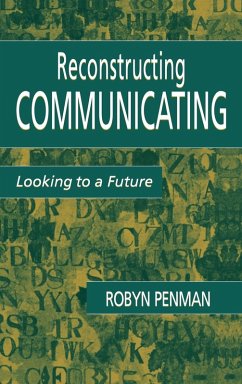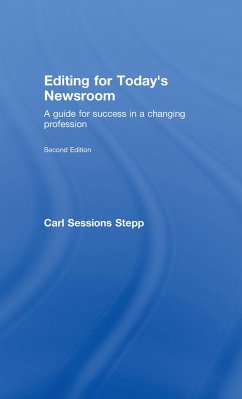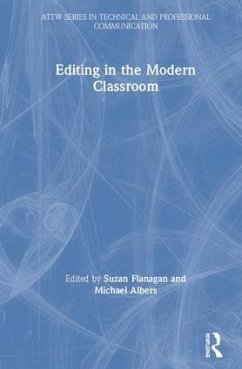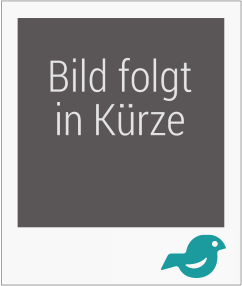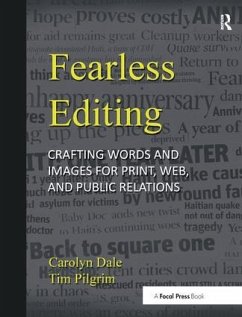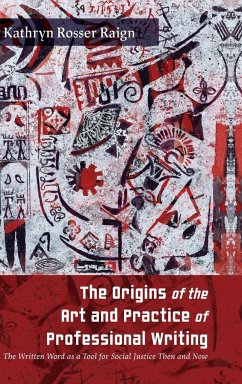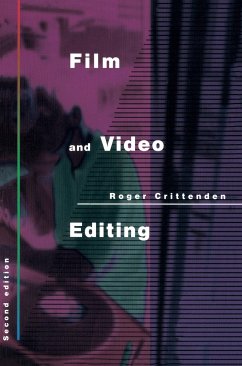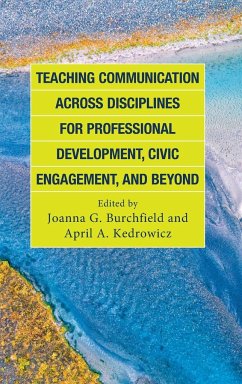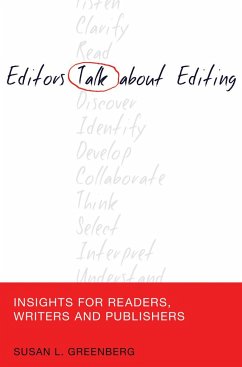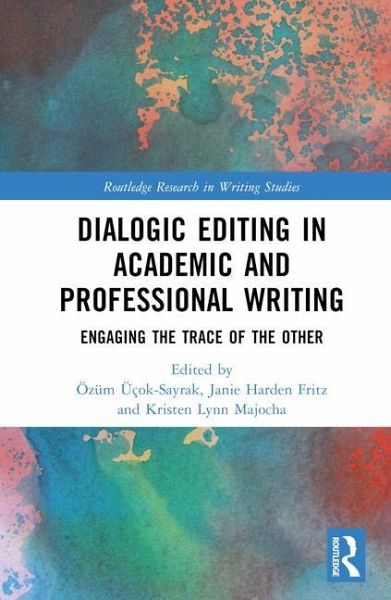
Dialogic Editing in Academic and Professional Writing
Engaging the Trace of the Other
Herausgeber: Üçok-Sayrak, Özüm; Majocha, Kristen Lynn; Fritz, Janie Harden
Versandkostenfrei!
Versandfertig in 1-2 Wochen
171,99 €
inkl. MwSt.
Weitere Ausgaben:

PAYBACK Punkte
86 °P sammeln!
This book brings attention to the communicative process of editing as a dialogic experience that is attentive to the voice of the Other, and underlines an ethical turn for the editing process.





